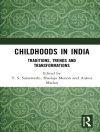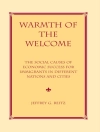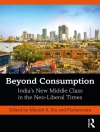The book ‘The body as a machine’ explores the historical process of medicalisation in Chilean society, mainly focusing on the labour force. It highlights the transformation of medicine from a private sphere concerned with individual care to a social phenomenon encompassing various collective dimensions. The book argues that the rise of the liberal oligarchic state, rural-urban migration, and the emergence of a professional medical elite contributed to the socialisation of medicine in Chile. This process involved the standardisation and regulation of the population through medical interventions and establishing a comprehensive healthcare system.
关于作者
Nicolás Fuster Sánchez. Ph D in Social Sciences and Communication. Professor of Nursery at the Universidad de Valparaíso and director of the Center for Interdisciplinary Studies in Social Theory and Subjectivity (CEI-TESy S). Among his publications, highlights the books: ‘El cuerpo como máquina. La medicalización de la fuerza de trabajo en Chile’ (2013) and, as co-author ‘La Hoja Sanitaria. Archivo del Policlínico Obrero de la IWW. Chile 1924-1927’ (2015), ‘Fragmentos del sujeto moderno. Crítica, poder, identidad’ (2017), and ‘Subversión Foucault. Usos teórico-políticos’ (2019).












